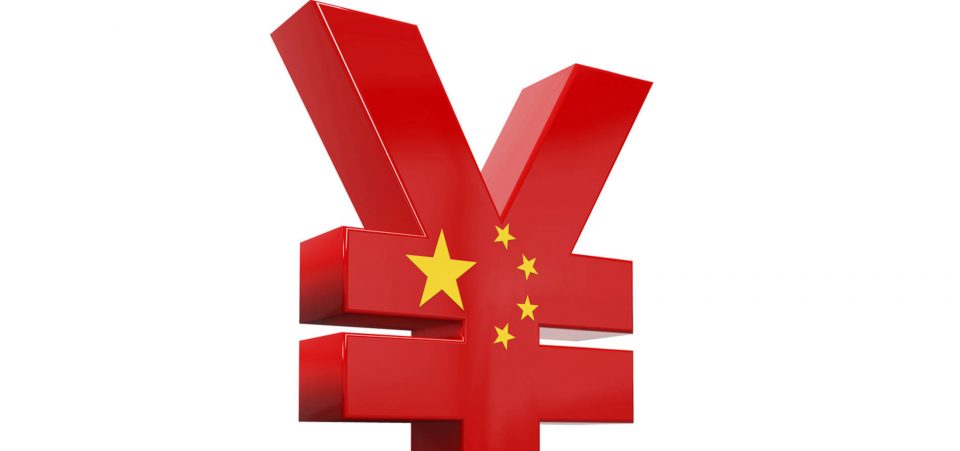The Election of Donald Trump Has Put Pressure on the Yuan
The Chinese yuan fell on Tuesday to its lowest level in eight years against a reinvigorated U.S. dollar. Does this confirm Donald Trump’s accusations that China manipulates its currency? Partly, perhaps, but it’s more a case of China trying to defend itself economically, or take precautions ahead of a possible trade war.
The People’s Bank of China (PBOC) set the exchange at 6.8495 yuan to the U.S. dollar on Tuesday, which is down 0.3% from Monday.
China’s currency accelerated its decline recently. As U.S. President-elect Trump suggests, China’s government maintains close control of its currency. But, and it’s a big but, China’s government cannot ignore market pressures or mechanisms. Indeed, the renminbi (another name for the yuan) has fallen mostly because of the U.S. dollar’s rebound. If anything, then, Trump, whose electoral win was one of the factors behind the dollar’s gains, can blame himself.
The dollar could go higher still. Trump’s election, on top of favorable jobs data from October, has raised the likelihood that the U.S. Federal Reserve will raise interest rates in December. There is also the matter of President-elect Trump’s plans for economic growth stimulus and major investments in infrastructure. Economists expect this will prompt a rise in inflation, which will add further pressure on interest rates.
If anything, China may have to intervene to support its currency, given the extent of the dollar’s gains against the yuan. Some predict that Trump’s stimulus packages and protectionist measures could force the yuan to new lows. This comes at a delicate moment. China’s central bank, the PBOC, is acting to stabilize the currency in order to encourage its “internationalization,” given that it was recently added to the International Monetary Fund’s (IMF) reserve basket of currencies.
If that’s not enough, consider that Trump’s massive infrastructure spending could act as a magnet for Chinese capital. That, coupled with the return of higher interest rates, will make it difficult to contain capital outflows. China might respond by further tightening capital movement rules. Capital flight could reach such alarming levels that it would cancel the effects of the export stimulus that a low yuan creates.






